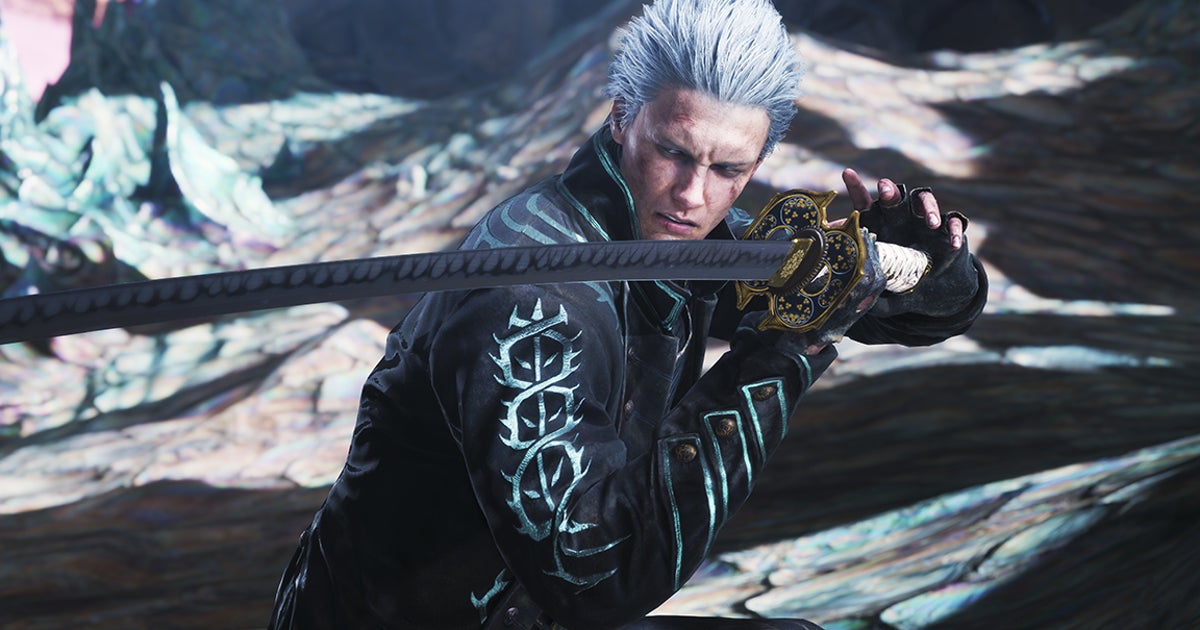Capcom’s president and chief operating officer has said he thinks game prices should go up.
Haruhiro Tsujimoto made the comments at this year’s Tokyo Game Show, Nikkei reported. TGS is sponsored by the Computer Entertainment Supplier’s Association, a Japanese organisation which aims to support the Japanese industry, which Tsujimoto is currently the chairman of.
“Personally, I feel that game prices are too low,” Tsujimoto said, citing increasing development costs and a need to increase wages.



I live in Sweden. But saying it cost 799sek in 1994 might not give you a good idea of its cost.
Fair enough. Still, games used to be vastly cheaper in my country and the asking price for the basic version of Starfield is 80 USD. There is no way any game is worth this much of my income.
Like I said. The price tag on Donkey Kong from 1994 says 799sek which in today’s market is worth 66 usd. I can’t be arsed to follow index and calculate how much that was in -94 but it’s a lot more than Starfield.
My only point here is that games haven’t really increased in price ever. Anyone claiming it has, is wrong. We can discuss the other parameters all day with (un)finished products, mtx, bugs, paid dlc etc. The fact still stands that games in 2023 haven’t vastly increased in price at all. And we have a lot of free options now as well that didn’t exist back in the ninetees.
In 1994 you were buying a physical, manufactured product which you owned.
Now you are temporarily licensing access to something that doesn’t exist, can’t be transferred or resold or backed up or modified, has unlimited reproduction potential for no cost, and sells at scales unimaginable in 1994 dwarfing all other consumer markets in total revenue.
Games are dramatically overpriced.